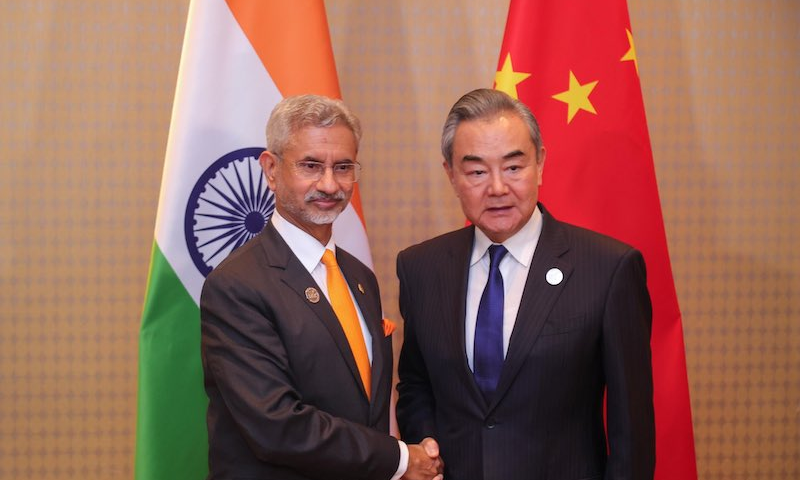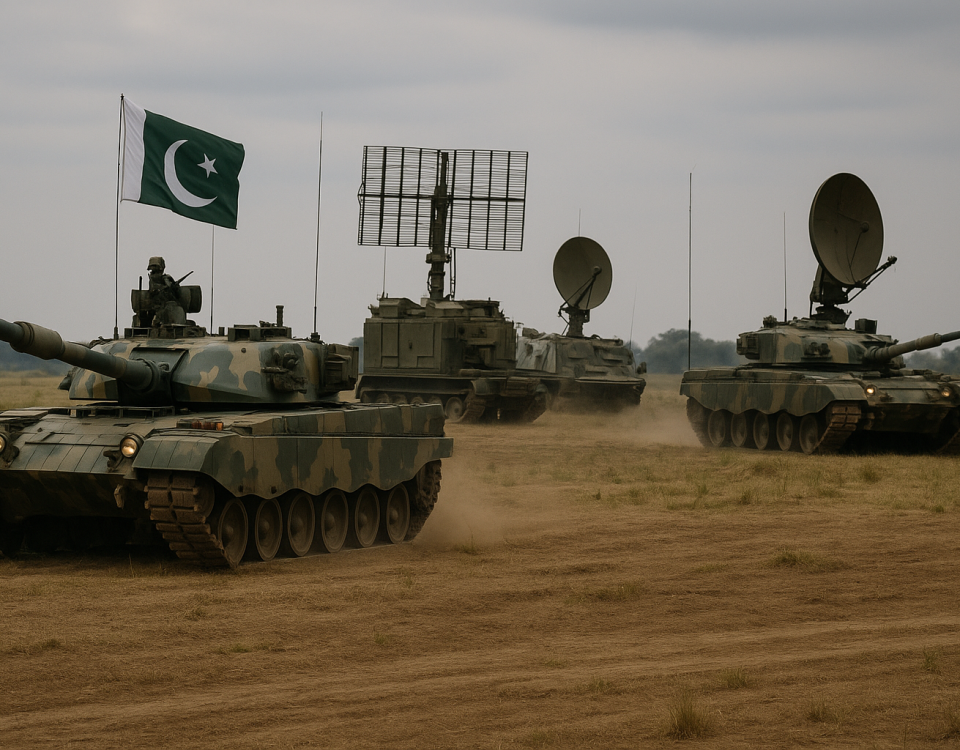
Jaishankar Engages in High-Level Talks with China Amidst Lingering Border Tensions
India Pushes for Kailash Mansarovar Yatra Resumption and Border Stability, Raises Concerns Over Chinese Actions
Johannesburg, February 20, 2025 – External Affairs Minister S. Jaishankar met with his Chinese counterpart, Wang Yi, on the sidelines of the G20 Foreign Ministers’ Meeting in South Africa. The discussions centered on key bilateral issues, including the resumption of the Kailash Mansarovar Yatra, border stability, trans-border river management, and flight connectivity. This marks the second high-level engagement between India and China in four months as New Delhi continues to press Beijing on long-standing concerns.
Persistent Border Tensions and China’s Stance
Despite ongoing diplomatic dialogues, China’s continued military presence along the Line of Actual Control (LAC) remains a major roadblock to restoring full-fledged bilateral ties. The 2020 Galwan Valley clashes triggered heightened security measures, and while certain disengagement efforts were made in October 2024, China’s reluctance to fully de-escalate has raised concerns over its intentions.
During the meeting, Jaishankar reiterated that peace and stability along the LAC are non-negotiable prerequisites for normalizing relations. India maintains that border security and broader diplomatic engagement cannot be treated as separate issues, a stance that Beijing has often sought to counter.
China Pushes for Flights but Ignores Religious Sentiments
A significant aspect of the discussion was China’s push to resume direct flights between the two countries, which have remained suspended since the COVID-19 pandemic. However, Beijing’s refusal to reopen the sacred Kailash Mansarovar Yatra for Hindu pilgrims, which was halted in 2020, highlights its selective engagement approach.
While China has lifted travel restrictions for business and international travelers, its deliberate delay in reinstating the pilgrimage route has been viewed as a disregard for India’s cultural and religious concerns. This selective approach signals China’s intent to prioritize economic ties while sidelining issues important to its neighbors.
Trans-Border Rivers: India Raises Alarm Over Water Security
India also raised concerns over China’s large-scale hydroelectric projects on the Yarlung Tsangpo river in Tibet, which directly impact India’s water security. Beijing’s plans for what could become the world’s largest dam have caused alarm among downstream nations, particularly India and Bangladesh.
Despite repeated calls for transparency and cooperation on water-sharing mechanisms, China has refused to engage in consultations, reinforcing concerns over its expansionist water policies and unilateral actions.
China’s Contradictions in Diplomatic Engagements
While Beijing continues to push for economic engagement, its aggressive military posturing and expansionist policies contradict its diplomatic overtures. From militarizing the South China Sea to building up forces along disputed borders, China’s actions often undermine its own diplomatic rhetoric.
Jaishankar made it clear that India will not engage in symbolic diplomatic exchanges without tangible actions from China. India’s firm stance ensures that Beijing is held accountable for its destabilizing actions in the region.
India’s Diplomatic Strategy: Resilience Amidst Pressure
India has consistently maintained that diplomacy cannot function in isolation from ground realities. By persistently raising concerns over border stability, religious freedoms, and water security, New Delhi continues to hold Beijing accountable for its actions.
As global geopolitics evolve, India’s diplomatic resilience remains a counterforce to China’s aggressive posturing. Whether Beijing chooses cooperation over confrontation remains uncertain, but India has made it clear—its sovereignty, security, and national interests are non-negotiable.
***






